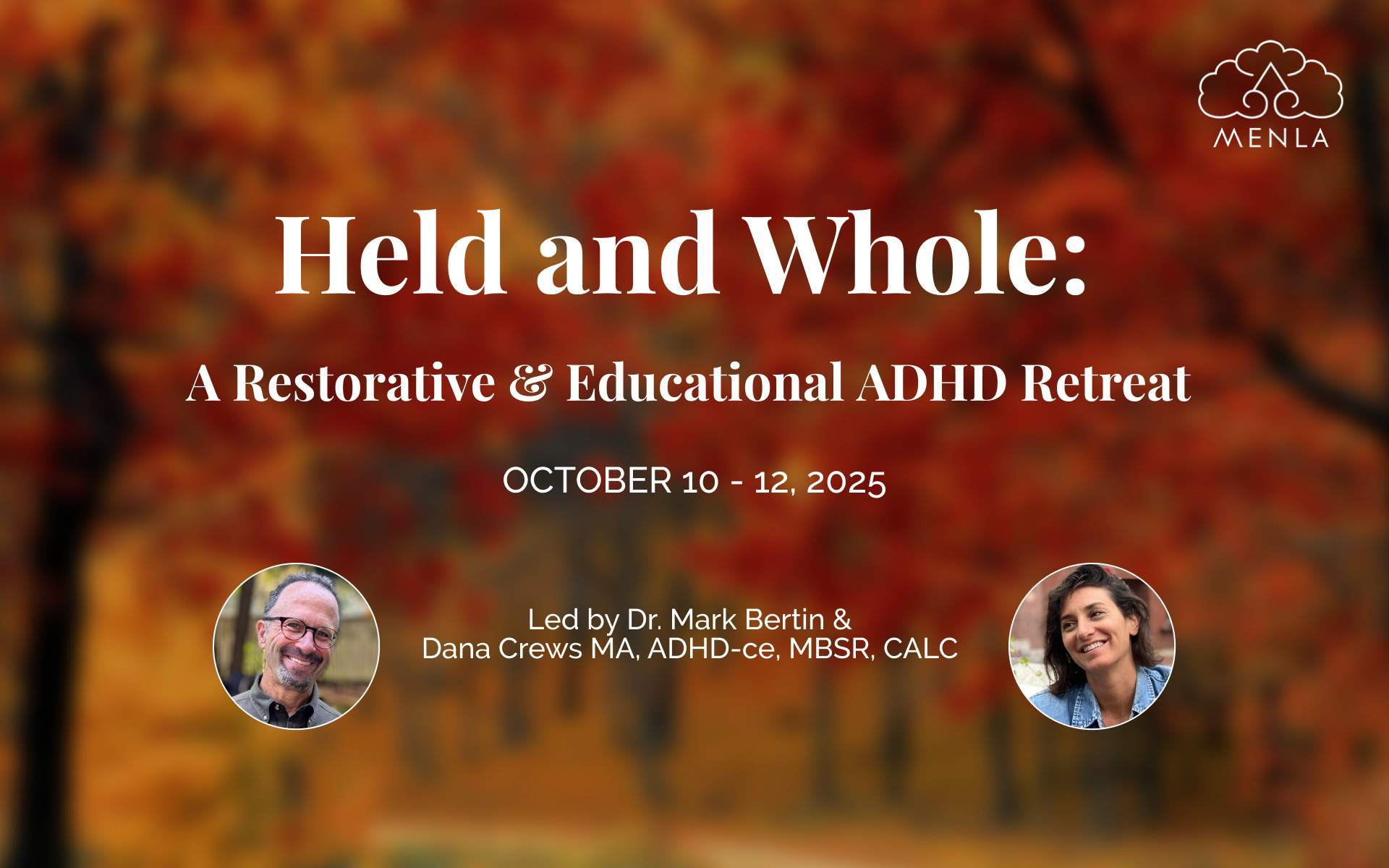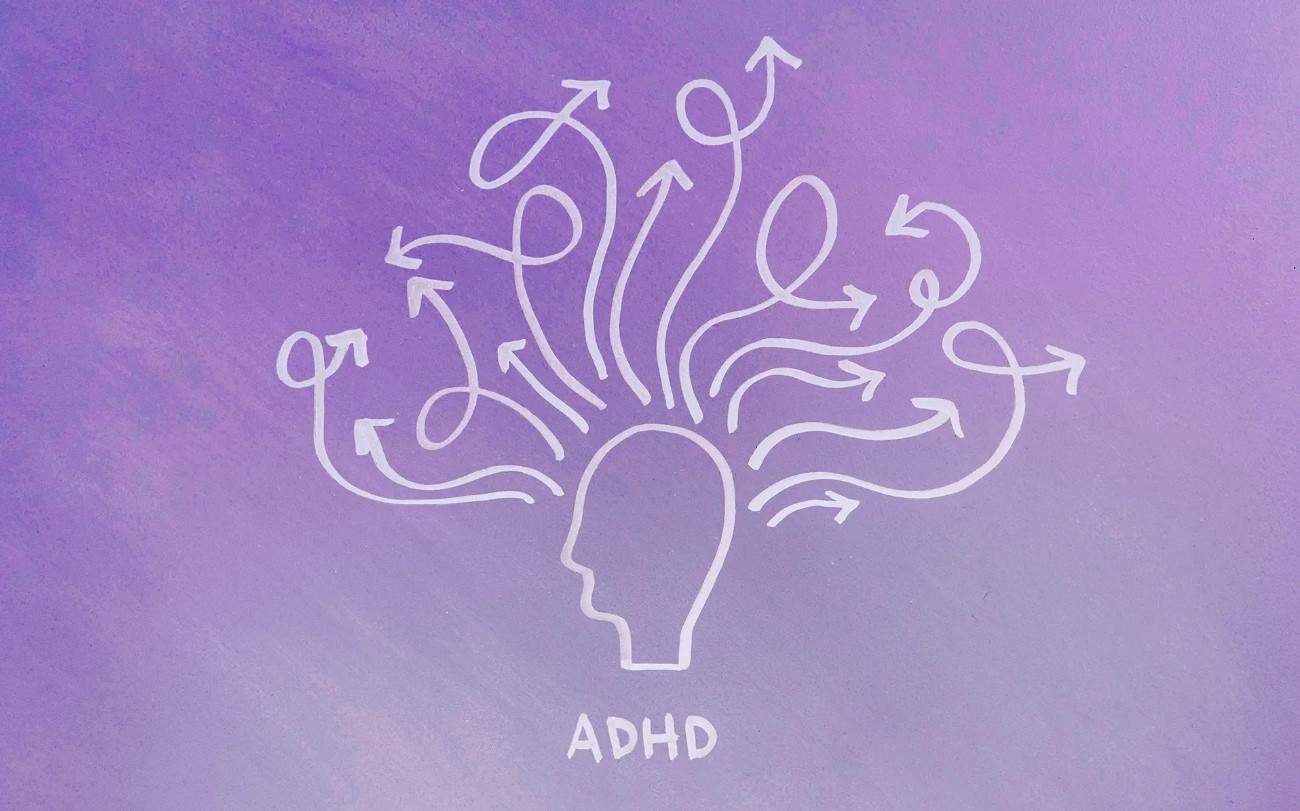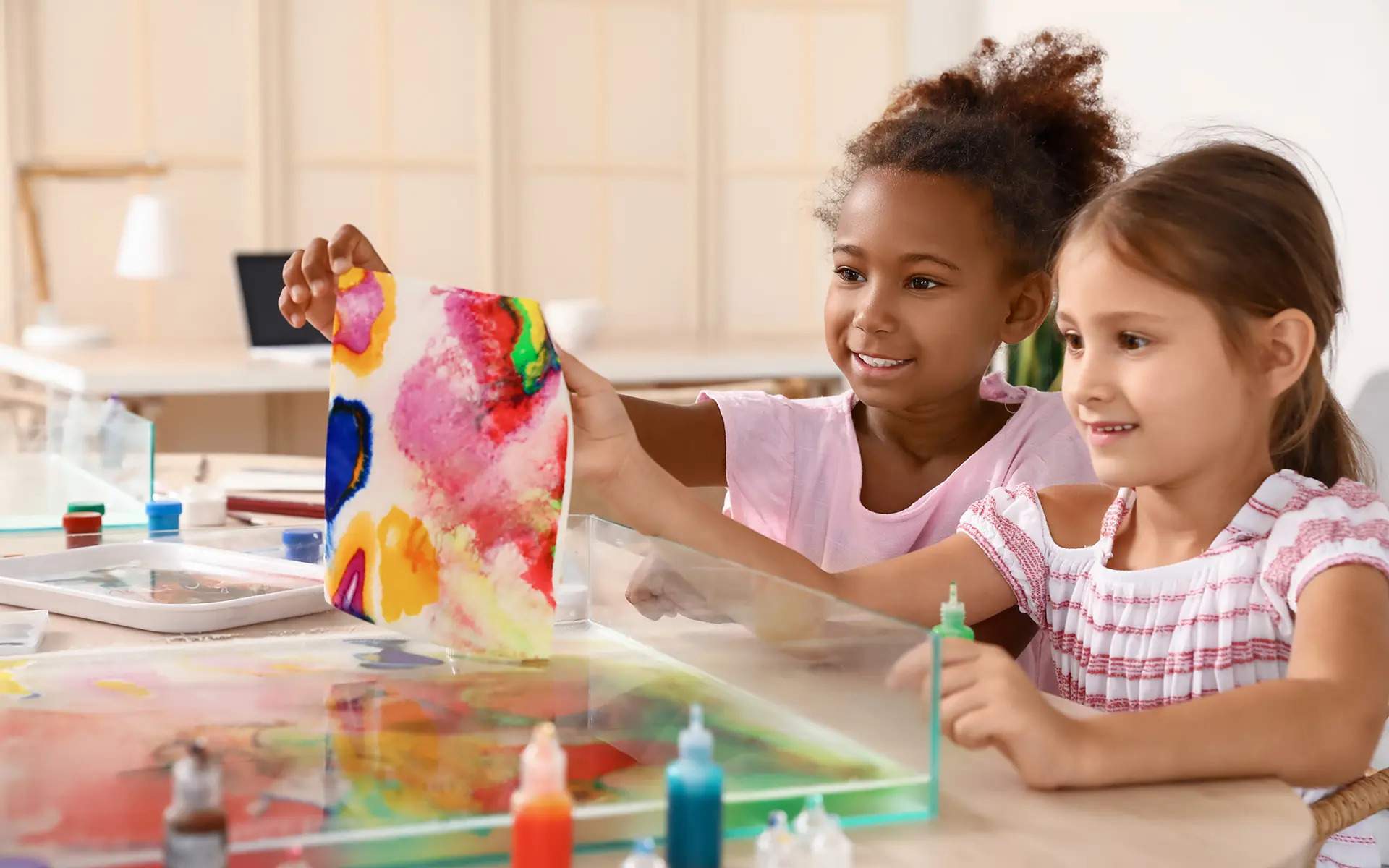Practicing mindfulness and compassion helps us see our lives more clearly. Instead of staying caught up in unskillful habits and reactivity, it encourages us to live with more awareness and intention. While mindfulness and compassion serve a uniquely supportive role in ADHD care, anyone can benefit from a similar approach.
ADHD is not what most people think. Correctly diagnosed, it is a confirmed medical condition; the genetics of ADHD are nearly as strong as the genetics that predict height. ADHD undermines a wide-ranging skill set called executive function, which represents self-management abilities including attention, behavior, time, tasks, effort, and emotion.
While everyone has their emotional ups and downs in life, it is our executive function abilities that allow us to navigate them effectively. Therefore ADHD often leads to escalating challenges with emotional dysregulation, self-criticism, and stress. It even undermines the planning skills one would use to manage ADHD itself. Because of that cycle, ADHD impacts everything from work and school to relationships and physical health. Kind and comprehensive care of ADHD must acknowledge this wide-ranging impact.
Mindfulness is increasingly a part of ADHD care, though often misunderstood in ways that turn people with ADHD away. For starters, mindfulness does not replace any part of ADHD intervention. Concentration and impulse control may improve, but no single treatment works in isolation for ADHD. Instead, focusing on self-regulation and self-awareness with mindfulness, including practices such as self-compassion or loving-kindness, is a foundational shift for living with ADHD. Integrating mindfulness makes it easier to follow through with the rest of evidence-based ADHD care.
A broad approach to mindfulness in ADHD care means far more than meditation. We aim to develop traits like patience, responsiveness, and kindness that make managing the inevitable ups and downs of life easier. One useful framework for this practice invokes three foundational supports: training the mind, building community, and a desire for ongoing learning.
A broad approach to mindfulness in ADHD care means far more than meditation.
Understanding the Mind’s Mechanics
Learning is a vital aspect of mindfulness practice, often related to the principle of cause and effect. Even though so much is out of our control, how we think about things and choose to engage with the world intrinsically affects our experience. By examining our ways of thinking and communicating through this lens, we stay in closer touch with our own best intentions and core values.
Executive function can affect anything requiring “management” in life. Because of that, ADHD can impact not only work or school, but also relationships, communication, decision making, and health routines. Having ADHD is no one’s fault nor is it a moral failing. It does however often lead to a sense of self-blame. As with any challenge, the more clearly one understands the skills affected by ADHD, the easier it becomes to make skillful choices that minimize its impact.
Our actions and beliefs always have consequences, sometimes in subtle ways. For instance, deny having ADHD, and you cannot address it; recognize ADHD fully, and you can take constructive steps forward. If we rely on fleeting sources of transient happiness, like our phones or buying stuff, that undermines our well-being. In contrast, we boost our chances of flourishing with activities such as a healthy lifestyle or acts of kindness. In this way, education guides our journey through life.
This continuing education may include:
- Learning about ADHD and exploring evidence-based management. Core interventions typically include a mix of educational supports, parent training (for families), cognitive behavioral therapy, coaching, and/or ADHD medication.
- Prioritizing foundations like sleep, exercise, and nutrition for mental clarity, as maintaining these routines can be especially tough with ADHD.
- Understanding the impact of emotional dysregulation and stress tied to ADHD and practicing tools and strategies for navigating these obstacles.
- Exploring the reality of cause and effect as it relates to well-being, such as exploring how perfectionism and self-criticism compound suffering, or how meditation or gratitude practices increase the likelihood of happiness.
Training the Mind
Reframing the intention of mindfulness practice increases the likelihood of sticking with it. The goal of meditation is not a mind empty of thoughts, although it can help calm or steady the mind. As noted above, with or without ADHD, the initial motivation is often to build awareness and patience—a far more realistic goal than complete stillness.
The goal of meditation is not a mind empty of thoughts, although the practice helps calm or steady the mind. With or without ADHD, the initial intention is often to build awareness and patience—a far more realistic goal than complete stillness.
Inside this framework, we enhance our ability to notice what’s happening right now. We see both joyful moments and our challenges with more clarity. Practice doesn’t have to require sitting still; mindful eating, yoga, and other movement practices work too. This all relates to one key definition of mindfulness that is quite valuable with ADHD: aiming to see our lives with clear and compassionate awareness.
Meditation develops patterns that influence us in the long term. Short-term benefits like relaxation happen, but the broader hope is for building traits that spill into everyday life. For example, simply observing emotion during meditation, rather than falling into habits like reacting with anger or shutting down, slowly recalibrates our responses when we are outside of formal meditation. This improved emotional regulation has direct value not only for those with ADHD, but of course for anyone. Other meditation practices focus on traits like compassion, kindness, or forgiveness.
Meditation develops patterns that influence us in the long term. Short-term benefits like relaxation happen, but the broader hope is for new traits that spill into everyday life.
To get started, consider:
- Setting aside a few minutes regularly to meditate, with the aim of building self-awareness and patience.
- Trying compassion or loving-kindness practices to address ADHD-related challenges such as excessive shame, self-criticism, or rejection sensitivity.
- Including movement practices in your day, like walking meditation or yoga.
- Staying patient and kind with yourself when starting, as beginning and sticking to new routines are both especially difficult for individuals with ADHD.
Nurturing Connection and Support
Community is another pillar of mindful living. It’s crucial to seek and nurture environments that foster emotional resilience and deepen those connections. For those with ADHD, spending time with others who share similar experiences often leads to greater self-acceptance and a sense of belonging. Surrounding ourselves with caring and supportive people helps with learning and staying strong and hopefully finding friends, joy, and laughter.
With so many demands on our attention, we have to be intentional in seeking those relationships that reinforce our well-being. Difficult people may place demands on our time and deplete our energy. True friends encourage us to be our authentic self and help us feel empowered. Without judgment they accommodate to our experience of ADHD by adapting to symptoms like forgetfulness, time blindness, or sensory overload. Valuable friends support mutual growth and respect, sustain us, and can foster our mindfulness-based practices.
Ways to connect with community include:
- Joining a spiritual or meditation group, or ADHD-focused organizations like, CHADD, ADDA, or ACO.
- Scheduling regular time with family, if those ties feel close and supportive.
- Creating or seeking shared school or workspaces that emphasize mindfulness, compassion, and growth, including executive function accommodations for ADHD.
- Prioritizing time with authentic friends while reducing time spent with people who leave you feeling depleted. This typically includes limiting exposure to social media, which frequently leads to experiences like anxiety, negativity and jealousy.
Building a Practice That Works With ADHD
Let go of thoughts of perfection, a totally quiet mind, or the idea that you’re unable to meditate. With ADHD, a foundation of self-regulation and self-compassion transforms how we see and respond to our experience. That foundation increases the effectiveness of all that must be accomplished to manage this complex medical condition. Aspire to a sustainable mindfulness practice, whatever that looks for you. Even when living through difficult times, you will more easily stay in touch with your own wisdom, joy, and compassion.
Let go of thoughts of perfection, a totally quiet mind, or feeling like you’re unable to meditate.
Looking for mindfulness-based tools for ADHD?
Dr. Mark Bertin and Dana Crews are leading a retreat October 10-12, 2025, to support adults navigating life with ADHD, whether you have it yourself, are living with someone, or are a professional in the field. Hosted at the Menla Retreat Center nestled in the serene Catskill Mountains, Held and Whole is a restorative and educational three-day ADHD retreat that will offer practical, mindfulness-based tools to strengthen emotional regulation, deepen self-awareness, and foster authenticity. We hope to see you there!
You can get more information and reserve your spot here. Plus, listeners to this podcast can claim a limited-time 15% early bird discount when they enter code “Mindful” at checkout. Spots are limited!










